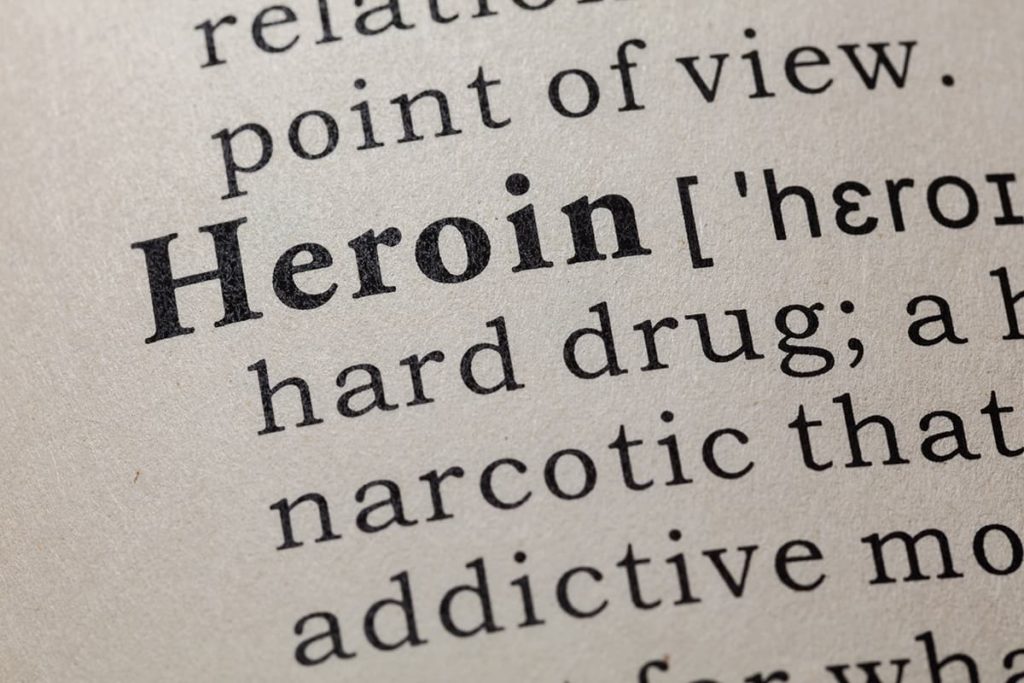Women are twice as likely to develop PTSD as men are. This may occur because women are also more likely to have sexual trauma both as children and as adults. Sexual trauma is an extremely adverse and traumatic event whenever it occurs. Additionally, one in every three women will experience a sexual assault. Read on to learn more about the relationship between women and trauma and how the trauma-informed therapy program at Recovery Ranch TN can help.
5 Effects of Trauma on Women
Women who experience sexual abuse as children may have difficulties later in life if they do not address their trauma. Many people will seek counseling as adults when they begin to have relationship issues and other difficulties related to abuse. Childhood sexual abuse can affect self-image, self-esteem, body image, and the ability to manage intimacy in romantic relationships.
Consequently, these are often issues that will cause women to seek counseling. Women will also commonly seek help for depression, anxiety, substance disorders, and eating disorders if they have been sexually abused.
1. Parenting
Childhood sexual abuse can also negatively impact parenting. Women who experience abuse as children may be excessively preoccupied with their children’s safety. Their vigilance may interfere with their children’s development of age-appropriate autonomy, confidence, and security.
Women who survive sexual abuse may also have conflicted feelings about showing physical affection to their own children or allowing others to do so. Since sexual abuse distorts the experience of touch, affection, and adult/child relationships, women may need support to determine healthy and appropriate parenting strategies.
2. Related Disorders
Many women suffer from chronic depression and anxiety, which can begin during or shortly after periods of abuse. Some women turn to the use of substances or food-related behaviors to cope with thoughts, feelings, and memories that are distressful and persistent.
If these trauma-related symptoms occur for some time, women who consistently use unhealthy behaviors to cope are likely to also develop other disorders. Such women may find that trauma symptoms initially recur or increase until they find different coping skills.
3. Relationships
Sexual abuse survivors have experienced violations of their personal boundaries, trust, psychological and physical safety, and sense of self. It is common for survivors to feel deep shame, guilt, and even responsibility for their victimization. It is also often difficult for survivors to understand and have healthy interpersonal boundaries.
Some women will become distrustful and keep others at bay. Other women will find any limit-setting or assertiveness difficult. Survivors of sexual abuse may not know how to navigate more balanced and less extreme ways of relating to others.
4. Shame, Guilt, and Internalized Blame
It is common for both child and adult survivors of sexual trauma to blame themselves for their victimization. They may also feel profound guilt and shame about being a victim. As a result, many victims will keep their feelings to themselves.
Additionally, perpetrators of abuse may convince children that they would get in trouble if others found out about the abuse. Adult victims may choose not to report an incident to the authorities or to pursue court protection or prosecution because of shame and guilt. This is especially true for women victimized by family members or intimate partners.
5. Domestic Violence and Sexual Assault
Women sexually assaulted by their intimate partners experience sex as an act of dominance, control, and violence. Sexual aggression, such as rape or psychological coercion, is a tactic of power and control. When this happens in an intimate relationship, it affects one’s sense of trust and safety.
Being victimized by others you expect protection from also creates a negative and distorted sense of one’s identity and self-worth. Feelings of abandonment and betrayal are common in such situations, as is ambivalence about the “love-hate” relationship with the abuser. Victims often blame themselves for the abuse. They look for personal faults and mistakes that can be corrected in order to prevent further abuse.
Symptoms of Trauma in Women
Sexual trauma can cause a severe trauma reaction and can result in PTSD. Many survivors of sexual trauma are easily startled, reluctant to be touched (even lovingly), fearful, and preoccupied with distressful memories and thoughts about the event. For some, touch, even in wanted physical intimacy, can trigger such symptoms as flashbacks, revulsion, and fear.
Other instances of appropriate touch, such as medical exams, can trigger PTSD as well. Some survivors have an opposite response and become numb, apathetic, or under-responsive to intimacy and touch. They also may experience periods of dissociation or extreme detachment.
The Importance of Trauma Treatment for Women
While it is impossible to erase the memories of past abuse, therapy can provide an opportunity to process and make meaning of these experiences in a safe and supportive environment. Therapy can also help women develop new coping skills and ways of relating to others.
Trauma treatment should be done by a qualified therapist who has experience working with women and trauma. Finding a therapist you feel safe with and can trust is important.
Cognitive-behavioral therapy (CBT) has been found to be an effective form of treatment for PTSD. CBT helps people understand how their thoughts and beliefs about themselves and the world are affecting their emotions and behavior. CBT also teaches new skills for managing symptoms and improving functioning.
Other effective treatments for PTSD include eye movement desensitization and reprocessing (EMDR) and trauma-focused cognitive-behavioral therapy. These therapies are also geared toward helping people understand and change their thoughts and beliefs about the abuse and themselves.
How Recovery Ranch TN Can Help
If you or a loved one is a woman who has experienced trauma or sexual abuse, contact Recovery Ranch TN at 1.844.876.7680 for help. Our therapists specialize in working with women and trauma, so you can feel at ease knowing you’re in good hands.




